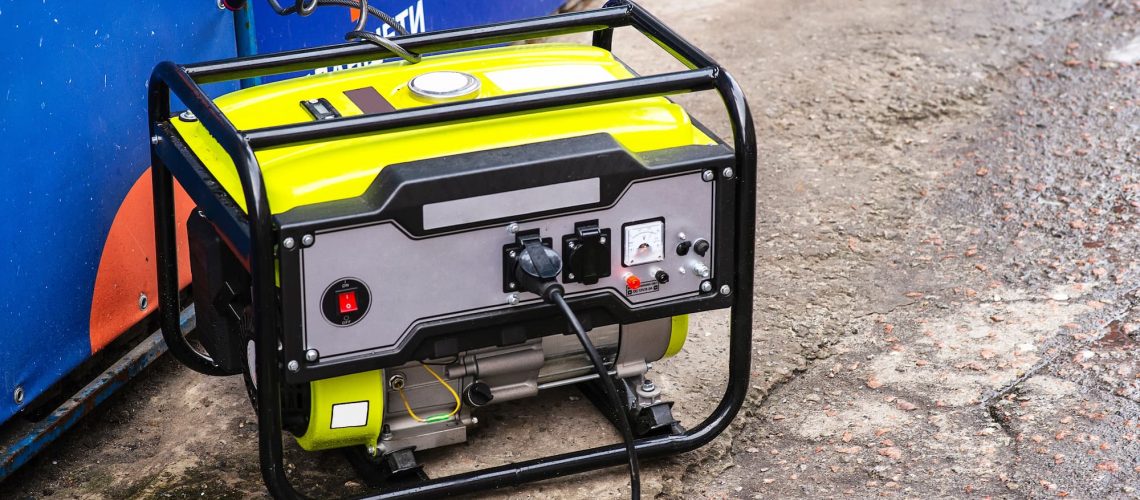You don’t have to sit there and melt when power outages hit during a heatwave. Using a generator is one easy way to keep your air conditioner running when power fails. That said, how much energy do you need for the job? If you’re considering purchasing an emergency generator for situations like this, learn what generator size you need to run your AC so you’ll always be comfortable even when the temperature outside keeps rising.
What Are Air Conditioner Power Requirements?
AC units have different power requirements, meaning different generators can handle different jobs. Power requirements for your unit are determined by watts and amps. Watts indicate how much energy your AC uses, while amps show the electrical current it requires.
Air conditioners vary in power consumption. Central systems usually need more power than window units. Check the manufacturer’s specifications for wattage and amperage to determine your AC’s specific needs. Knowing these figures helps you choose a generator to keep your AC running smoothly during an outage.
How Many Watts Does an Air Conditioner Use?
Air conditioner wattage varies by unit type and size. Window units typically use between 500 to 1,500 watts, while larger central systems can need 2,000 to 5,000 watts or more. Portable units usually fall in the 1,000 to 2,000-watt range.
How Many Amps Does a Window AC Use?
Divide its wattage by the voltage to know how many amps a window AC uses. Most residential units run on a 120-volt circuit. If your AC uses 1,000 watts, it would need roughly 8.3 amps (1,000 watts/120 volts).
Knowing the amperage is crucial to ensure your generator can manage the electrical load without tripping the circuit. This information is usually available in the AC unit’s manual or on a label on the unit itself.
Choosing the Right Generator for Your AC
Selecting the right generator involves more than just matching wattage and amperage. You must also consider your power needs and the generator’s capacity.
Calculating Total Power Needs
You must know the total power requirements for your AC and any other household needs during an outage. This includes starting wattage (the initial surge needed to start the AC) and running wattage (how much power is required to continue running after that). The starting wattage is often higher than the running wattage.
If your AC needs 1,500 running and 3,000 starting watts, ensure your generator can handle these demands. Also, consider other essential appliances you might want to power simultaneously, like lights or the refrigerator.
Selecting a Generator With Sufficient Capacity
Choose a generator that can comfortably handle your calculated power needs. Opting for a generator with a slightly higher capacity than the minimum requirement ensures reliability and accommodates additional load. A generator with a higher capacity allows for flexibility and ensures your AC and other appliances run efficiently without overloading the system.
Additional Considerations When Selecting a Generator
Beyond power capacity, think about the fuel type and runtime. Generators can run on gasoline, propane, or diesel, each with pros and cons. Consider the availability and cost of fuel in your area to know which would be best for you.
Noise levels and portability are also crucial. Some generators are quieter, which can be a significant advantage in residential areas. Portability might matter if you need to move the generator frequently.
Keep Cool and Find the Right Generator for You
The right generator size helps keep your air conditioning running during power outages. You can find the right one for you and stay cool when things get hot by learning your AC’s power requirements and considering the fuel type and capacity. Contact Generator Supercenter of Fort Myers today to find the perfect generator for your needs and prepare you for any power outage. Visit our Generator Supercenter showroom in Fort Myers!
Image Credit: Yarrrrrbright



